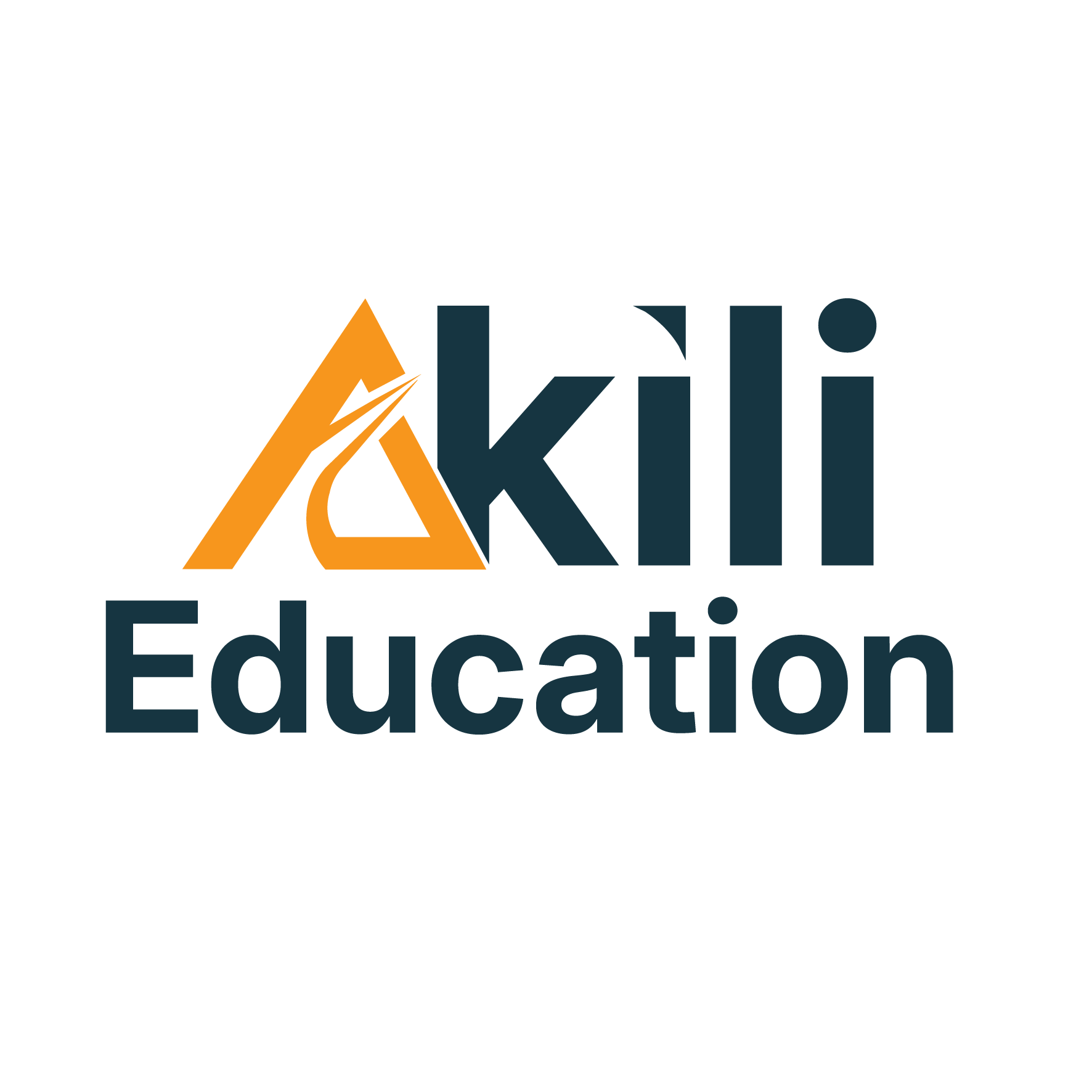Fursa
Bachelor in Cardiovascular Technology – Explained in Detail
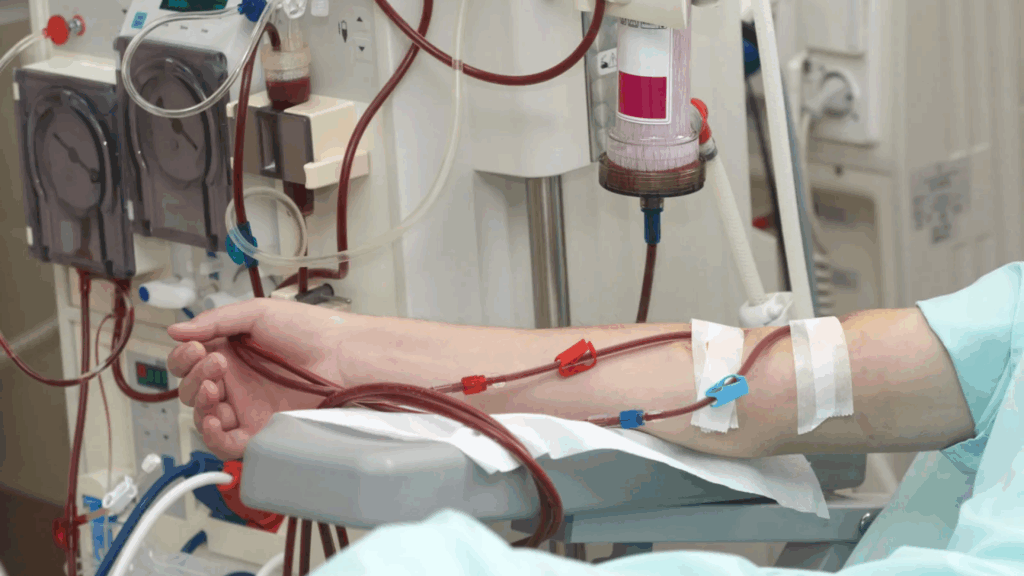
The Bachelor in Cardiovascular Technology (BCTV) is a specialized undergraduate program that takes three to four years to complete. It is designed to train students to assist cardiologists and heart surgeons in diagnosing and treating heart and blood vessel disorders. The course blends biology, medicine, electronics, and computer-based diagnostics, producing graduates who become the technical experts behind life-saving machines and medical procedures. As a cardiovascular technologist, you will be directly involved in open-heart surgeries, catheterizations, ECGs, angioplasty, stenting, and pacemaker implantation. This is a profession where precision, calmness, and skill are critical, because every decision and every action contributes to saving lives.
During the first year, students focus on foundational subjects such as human anatomy and physiology, medical terminology, biochemistry, basics of cardiology, patient care and safety, and medical electronics. In the second year, the curriculum shifts to core concepts. Students begin studying the pathophysiology of cardiovascular diseases, electrocardiography (ECG/EKG), cardiac instrumentation and technology, pharmacology related to cardiac care, and non-invasive diagnostic techniques such as stress tests and Holter monitoring, while beginning their first clinical exposure.
By the third year, the program becomes more advanced and practical. Students are introduced to invasive cardiology, including catheterization lab procedures and angioplasty, and they learn to assist in cardiac surgeries. They study echocardiography, gain experience in operating and maintaining cardiac equipment, and develop emergency care skills such as CPR. This stage includes intensive hospital training and internships. In some universities, the fourth year is dedicated entirely to a full-time clinical internship in ICUs, cardiac units, and operation theatres, along with case presentations and, in some cases, a research project.
Graduates of this program are highly employable and can begin their careers in cardiac catheterization labs, intensive care units, operation theatres, rehabilitation centers, diagnostic labs, and multispecialty hospitals. They are also in demand in cardiac device companies that produce pacemakers and ECG machines, as well as in research and development in medical technology. Common job roles include cardiovascular technologist, echocardiography technician, cardiac catheterization technologist, electrophysiology technician, cardiac device specialist, and operation theatre technician for cardiac surgeries. With time and experience, graduates can progress into senior roles such as cardiology department manager, lecturer, cardiac imaging specialist, or clinical research associate.
In Tanzania, there is a growing need for trained cardiovascular technologists, yet the number of professionals in this field is still very low. Currently, most heart units depend heavily on general technicians or doctors. This creates a strong demand for specialists who can work at institutions such as the Jakaya Kikwete Cardiac Institute (JKCI), Muhimbili National Hospital, Aga Khan Hospital, Regency Medical Centre, and other private and public hospitals expanding their cardiac units. There are also opportunities to work with NGOs, international health projects, mobile heart screening camps, telemedicine, and outreach programs.
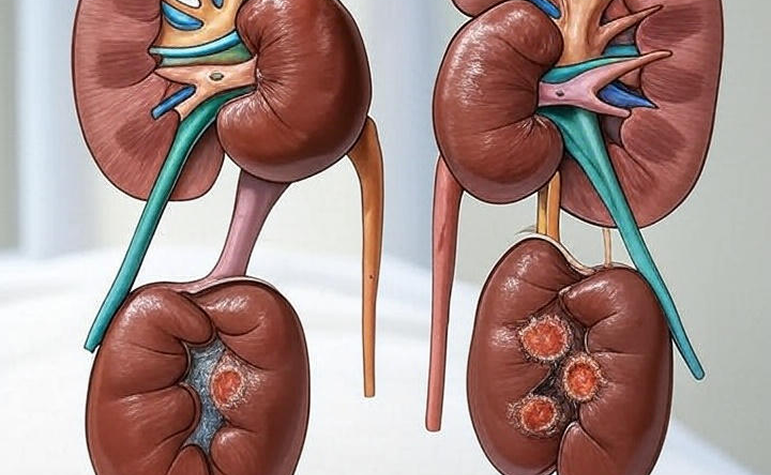
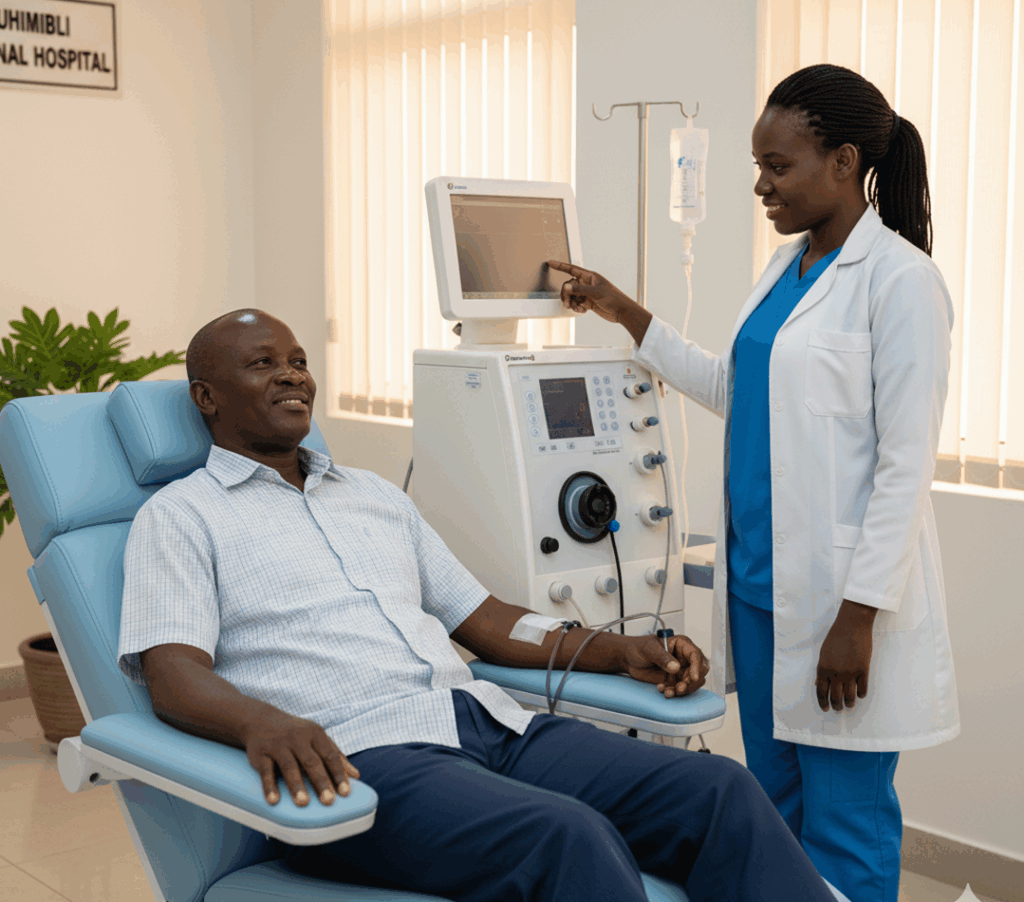
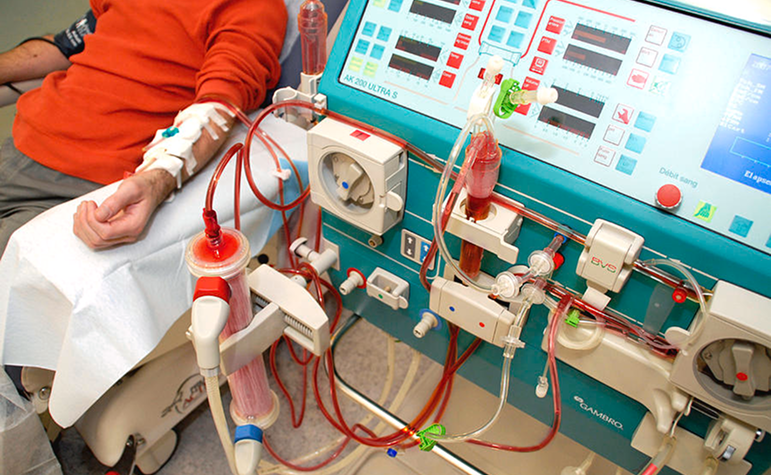
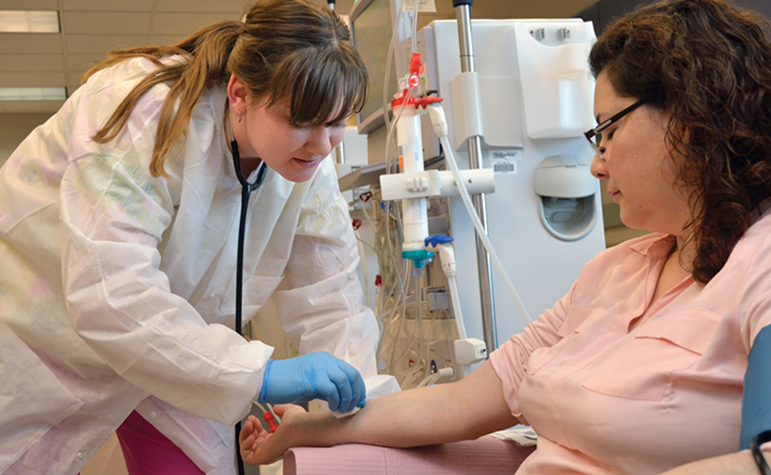

This course is especially important because cardiovascular diseases are the leading cause of death globally, including in Africa. Cardiovascular technologists are on the frontline of saving lives. They operate heart-monitoring equipment, assist during life-threatening procedures, detect abnormalities before they become fatal, and provide accurate reports that guide doctors’ decisions. It is a technical and medical field that is demanding, high-pressure, but also deeply rewarding.
The program is suitable for students who are passionate about saving lives and who love a combination of biology, technology, and medical science. It is ideal for those who enjoy working in hospitals, can remain calm during emergencies, and want a career that offers both respect and direct impact on patients’ lives. However, it requires individuals who are not afraid of blood, surgery, or critical medical situations.
The cost of studying this program abroad is also relatively affordable compared to Western countries. Many universities in India offer the Bachelor in Cardiovascular Technology at around TZS 8 million in total, which covers tuition, accommodation, meals, airfare, visa, and insurance. This makes India a highly accessible option for Tanzanian students while providing excellent clinical exposure.
As a final word to students and parents: Do not wait until you miss the chance to pursue a meaningful course. Cardiovascular Technology is not only modern and future-focused, but it also offers countless career opportunities worldwide. In Tanzania, professionals in this field are still very few, which makes it an excellent career path for those who want purpose, prestige, and stability. This course is not just about studying; it is about preparing to save lives every single day.
Frequently Asked Questions
Have questions about studying abroad or working with Akili Education? You’re not alone — here are some of the most common questions students and parents ask us. If you don’t find what you’re looking for, our team is always here to help.
What Bachelor degree courses do you advice a form 6 CBG graduate to study?
We advice a CBG form six graduate to study the following courses which are on high demand; Bachelor in Biotechnology, Bachelor in Microbiology, Bachelor in Forensic Sciences, Bachelor in Information and Technology etc
What Engineering courses are on demand right now?
Engineering courses that are on demand right now include Computer Science and Engineering programs with specialisations like, Cyber Security, Artificial Intelligence, Data Science, Blockchain Technology.
Which country gives quality and affordable education comparing to Tanzania Standard of Living?
The answer to this question has always been India. India has top ranked universities giving Bachelor and Masters degree program for a budget of 8 million Tanzania Shillings per year, which includes tuition fee, hostel and food per year.
Apart from Medicine, what other courses can a PCB form 6 graduate study for his/ her bachelor degree?
PCB graduate can pursue the following programs for their bachelor degree: Bachelor in Radiology, Bachelor in Optometry, Bachelor in Medical Laboratory Technology, Bachelor in Physiotherapy, Bachelor in Cardiovascular technology, Bachelor in Anaesthesia Technology, Bachelor in Dialysis Technology, Bachelor in Operation Theatre Technology
What countries can Akili Education help me pursue my study abroad dreams?
Depending on your budget, Akili Education can help you secure admission into top ranked universities around the world in countries like UAE, UK, USA, Canada, Spain, India, Mauritius, Malaysia and many others
